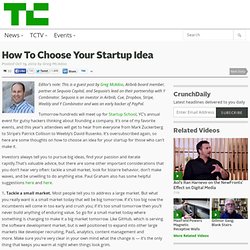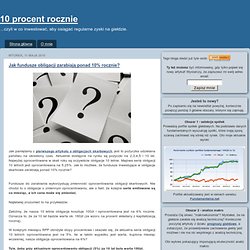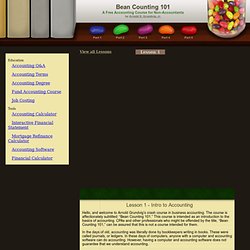

How to Measure Your Way to Startup Success. What follows is a guest post by Josh Ledgard. He’s a KISSmetrics customer and the founder of KickoffLabs. Every business is based on a set of assumptions. If you were going to open a bagel shop you’re initial set of assumptions might be: You’ve discovered a great bagel recipe that tastes great and is affordable to mass produce.The location you’ve chosen is convenient enough for a sizable target market.You have a marketing campaign that can dislodge people from their current habits that include stopping at McDonalds, making their own breakfast, etc.Once someone has tried your bagels, they have a yearning to come back… and tell their friends to stop by.Customers are then going to stop by at least once a week for the next year and buy at least $5.00 worth of food each visit. :) There isn’t much difference between these assumptions and those generated by someone creating an online business. 1.
Our Success Monthly Revenue Projections. Customer Success Customer landing page conversion rate. 2. How To Choose Your Startup Idea. Editor’s note: This is a guest post by Greg McAdoo, Airbnb board member, partner at Sequoia Capital, and Sequoia’s lead on their partnership with Y Combinator.

Sequoia is an investor in Airbnb, Cue, Dropbox, Stripe, Weebly and Y Combinator and was an early backer of PayPal. Tomorrow hundreds will meet up for Startup School, YC’s annual event for gutsy hackers thinking about founding a company. It’s one of my favorite events, and this year’s attendees will get to hear from everyone from Mark Zuckerberg to Stripe’s Patrick Collison to Weebly’s David Rusenko. It’s oversubscribed again, so here are some thoughts on how to choose an idea for your startup for those who can’t make it. Investors always tell you to pursue big ideas, find your passion and iterate rapidly.That’s valuable advice, but there are some other important considerations that you don’t hear very often: tackle a small market, look for bizarre behavior, don’t make waves, and be unwilling to do anything else. Jak fundusze obligacji zarabiają ponad 10% rocznie? Jak pamiętamy z pierwszego artykułu o obligacjach skarbowych, jest to pożyczka udzielana państwu na określony czas.

Aktualnie dostępne na rynku są pożyczki na 2,3,4,5 i 10 lat. Najwyżej oprocentowane w skali roku są oczywiście obligacje 10 letnie. Majowa seria obligacji 10 letnich jest oprocentowana na 5,25%. Jak to możliwe, że fundusze inwestujące w obligacje skarbowe zarabiają ponad 10% rocznie? Fundusze do zarabiania wykorzystują zmienność oprocentowania obligacji skarbowych. Najłatwiej zrozumieć to na przykładzie: Załóżmy, że nasza 10 letnia obligacja kosztuje 100zł i oprocentowana jest na 6% rocznie. W kolejnym miesiącu RPP obniżyła stopy procentowe i okazało się, że aktualna seria obligacji 10 letnich oprocentowana jest na 5%.
Tyle, żeby przy aktualnym oprocentowaniu obligacji (5%) za 10 lat była warta 180zł. Na rynku wtórnym możemy sprzedać naszą obligację za ok 110,5. Przykład miał za zadanie pokazać tylko ogólną ideę zarabiania na obligacjach. Najnowsze - Wiadomości giełdowe i gospodarcze, aktualności, informacje z parkietu - Wiadomości StockWatch.pl. Free Accounting Course: Bean Counting 101 - Lesson 1. Hello, and welcome to Arnold Grundvig’s crash course in business accounting.

The course is affectionately subtitled: “Bean Counting 101.” This course is intended as an introduction to the basics of accounting. CPAs and other professionals who might be offended by the title, “Bean Counting 101,” can be assured that this is not a course intended for them. In the days of old, accounting was literally done by bookkeepers writing in books. These were called journals, or ledgers. So, we need to understand what accounting is, how accounting works, what debits and credits are, what journals and ledgers are, what a balance sheet is, what an income statement tells, and what accounting information reveals. Now what exactly is accounting?
FUNDRAISING.